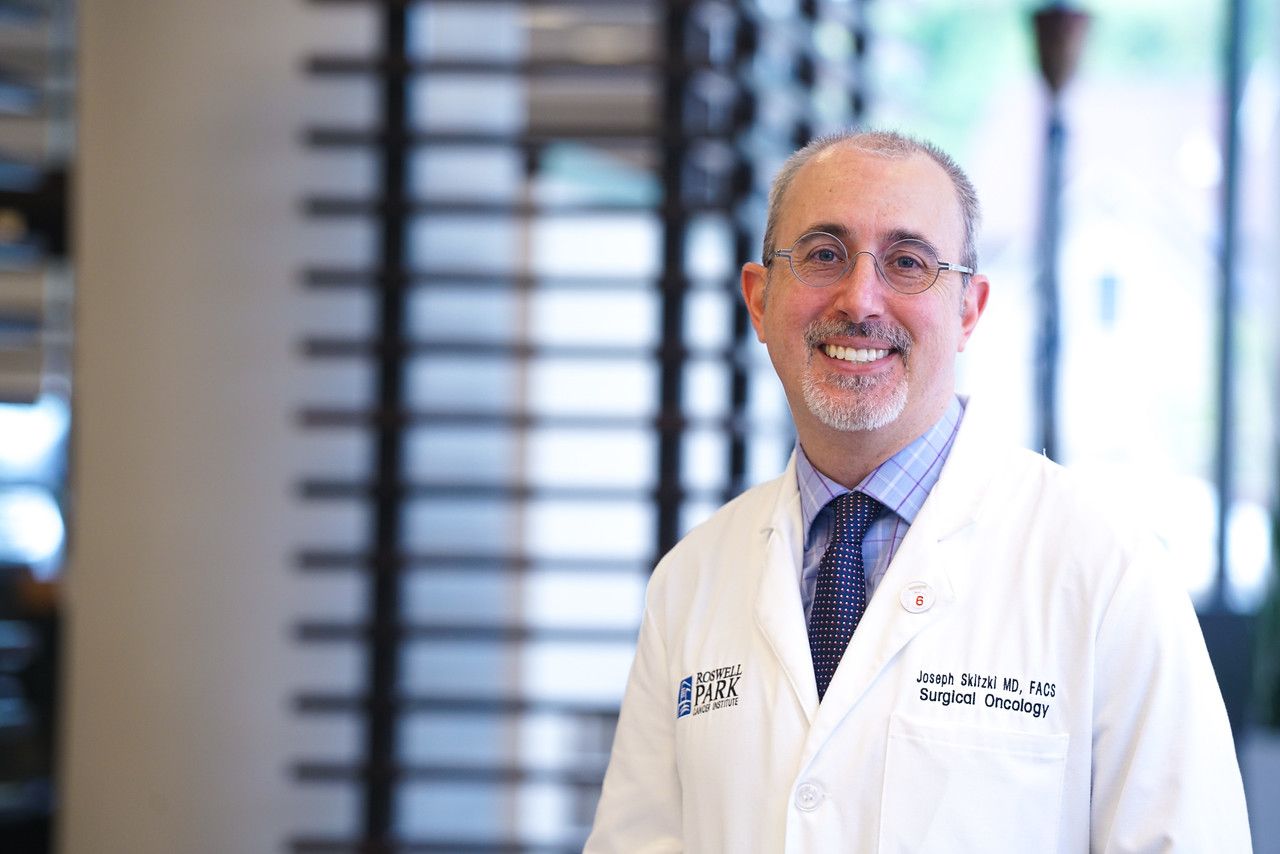The past several years of cancer research have been both exciting and promising. Recent developments have allowed us to take steps in improving many cancer treatments. I believe this momentum will continue to accelerate exponentially.
One research project that has offered us considerable hope was a study my colleagues and I conducted between 2003 and 2011. We looked at our results of 112 patient cases to see the immediate and long-term effects of, at the time, a newly developed procedure.
The procedure, cytoreductive surgery combined with hyperthermic intraperitoneal chemotherapy (CS/HIPEC), is an approach to treating advanced tumors of the appendix, colon and other types of cancers that may spread throughout the lining of the abdomen. With CS/HIPEC we surgically remove all visible signs of the cancer, which may include removing the lining of the abdomen, portions of intestine, colon and other affected organs. Then, we administer a high dosage of heated chemotherapy (typically up to 104-degrees) just to the targeted area for 90 minutes. The whole procedure may take anywhere from eight to 18 hours. Effectively, the chemotherapy, in its intense and short application, serves to kill any remaining, dangerous cancer cells.
The patients who had colorectal cancers and received the treatment were monitored over a decade. A promising 38.2% survived 5-years out from their treatment. The best part was that some of these patients went into remission indefinitely after the treatment period.
It is fairly rare for many cancer treatments to bring forth an impact of this size. In the case of stage IV colorectal cancers, it is even more astonishing. Historically, for example, malignant appendiceal and colorectal cancers that spread throughout the abdomen were considered virtually incurable. Men and women who suffered from these forms of the disease were given days or months, not years, to live.
So what is next? The number of patients who are eligible for this type of treatment is relatively small when compared to the size of the colorectal cancer patient population. However, we will now proceed to utilize this therapy for many more patients in need who fit the profile. Our study results were just published in the June issue of Cancer Medicine, so this treatment approach will gain awareness and wider adoption. We are advising surgeons and doctors everywhere about the procedure.
Behind the scenes, we also are developing a survey that will help provide physicians here in our own community with the knowledge necessary to capitalize on this new and powerful treatment technique.
By sharing it with you through the Roswell Park Cancer Talk blog, we hope you will share it with others. Our ultimate goal is, as always, saving the lives of individuals who, a decade ago, would not have been granted such a gift.


